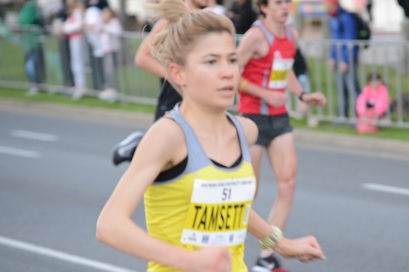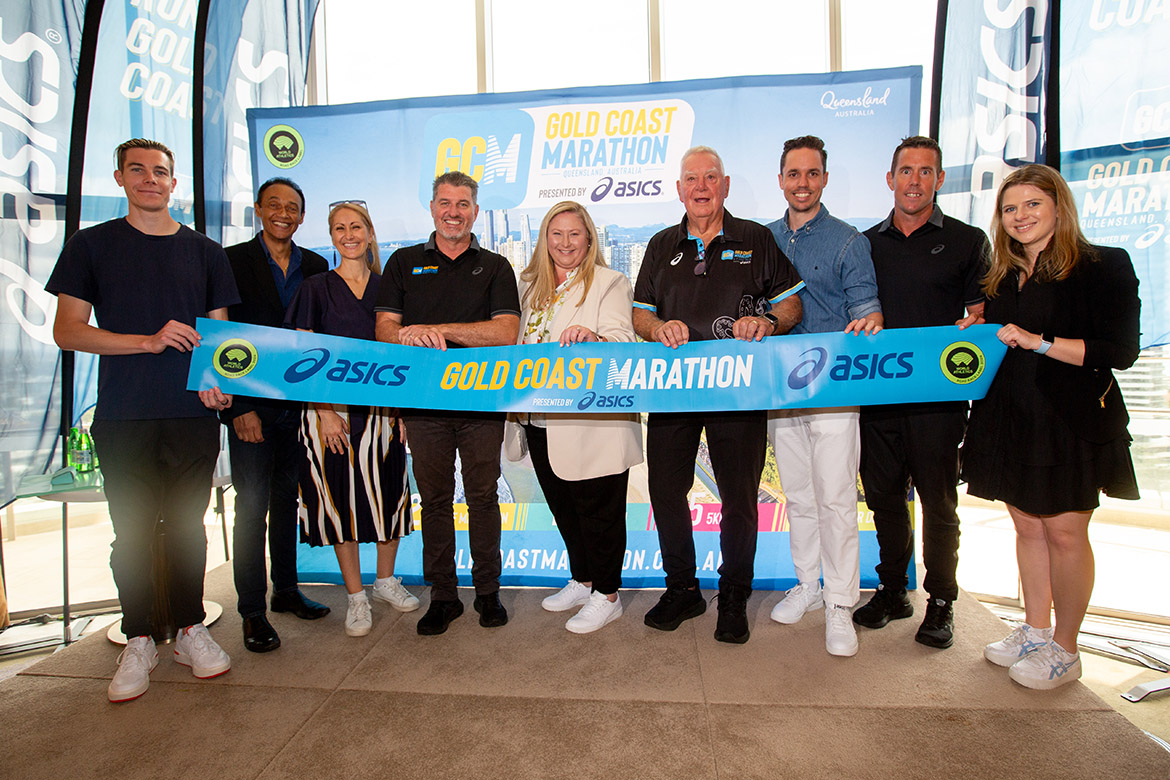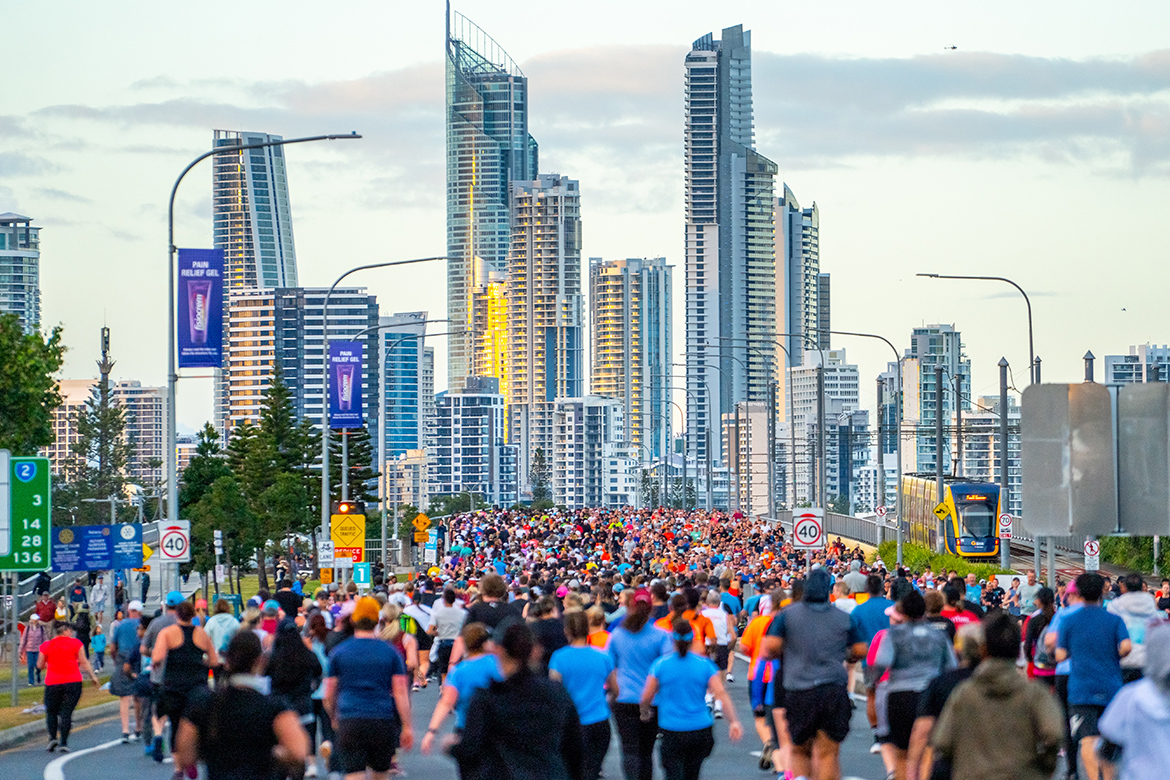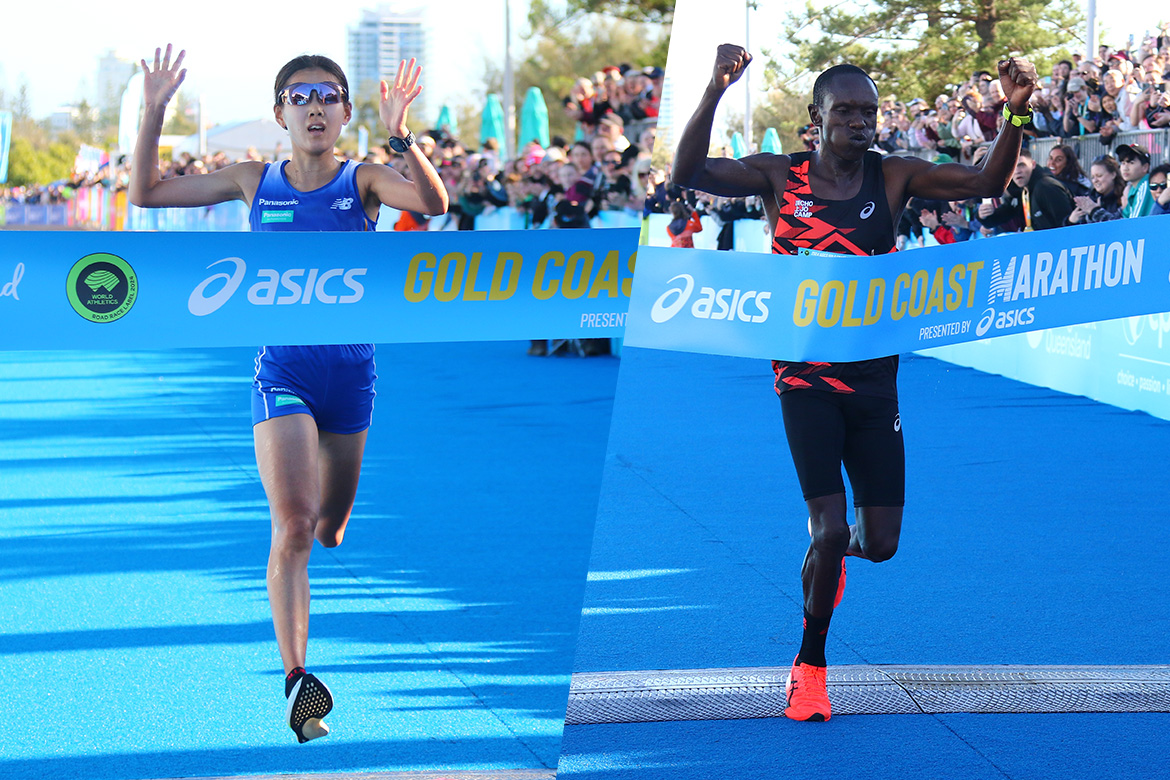Are you feeling your nerves starting to mount as this year’s Gold Coast Marathon approaches? Hopefully my recent racing experience can help you acknowledge any pressure you are putting on yourself and aid you to deal with it in an effective way on race weekend.
Despite having run, trained and raced for 20 years, I only recently competed in my first fun run FOR FUN. Never have I entered a race without a goal, time or placing to achieve. I didn’t go to bed early the night before like I ordinarily would, I didn’t eat my usual pre-race breakfast, I didn’t warm up and I didn’t wear a watch. I wasn’t there to be competitive and I had zero expectations on how I would go. This was a new, relaxed and novel approach to racing, something which I had normally approached with nerves and always a certain amount of expectation.
Having been injured for two years and doing minimal training, I was apprehensive about my fitness to say the least. So, it came as quite a surprise when I experienced one of my best races. When I say best, I don’t mean my fastest nor my most successful. By best I mean my most enjoyable.


































RUNNERS. TAG YOUR PHOTOS WITH #GCM25